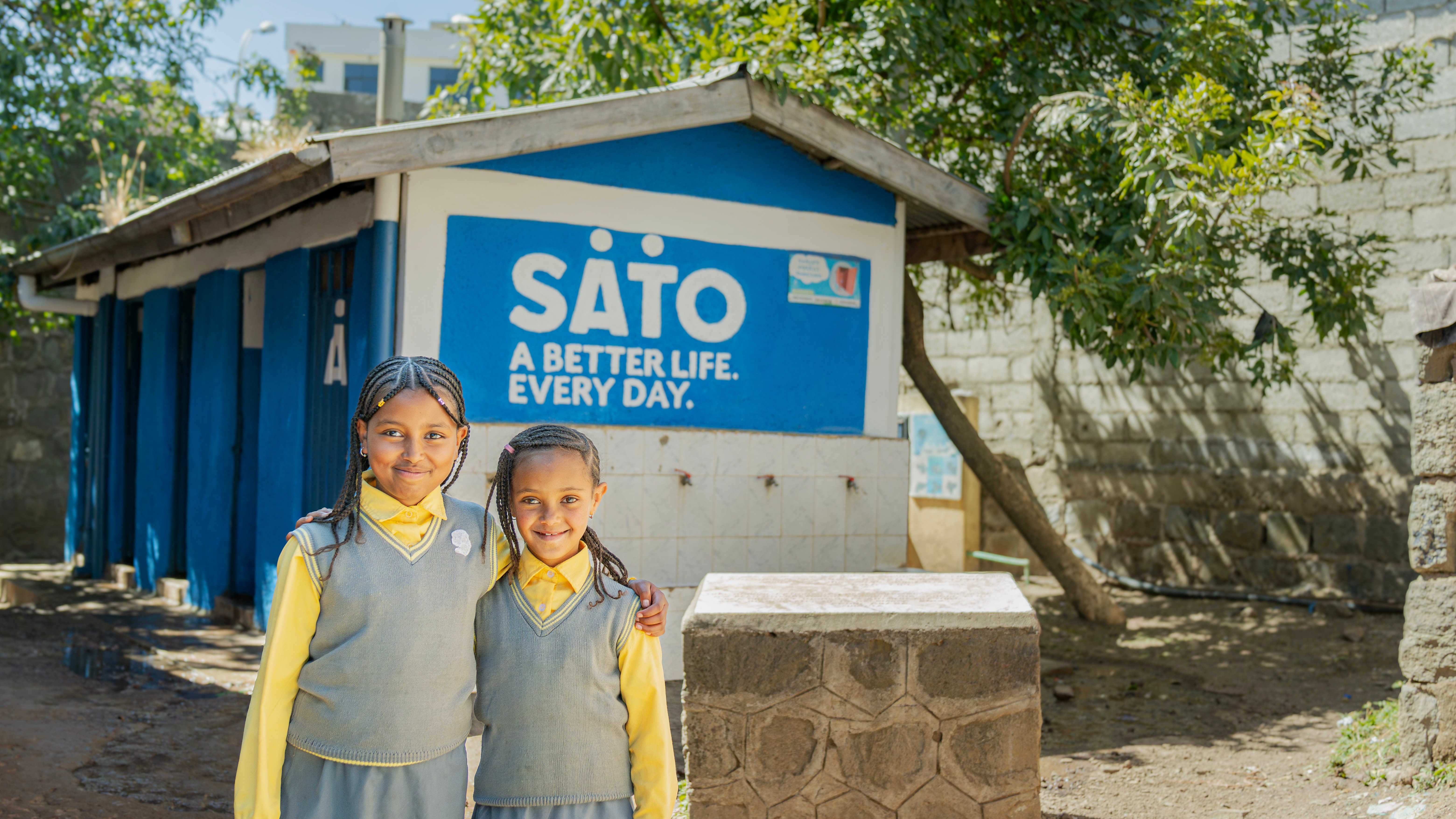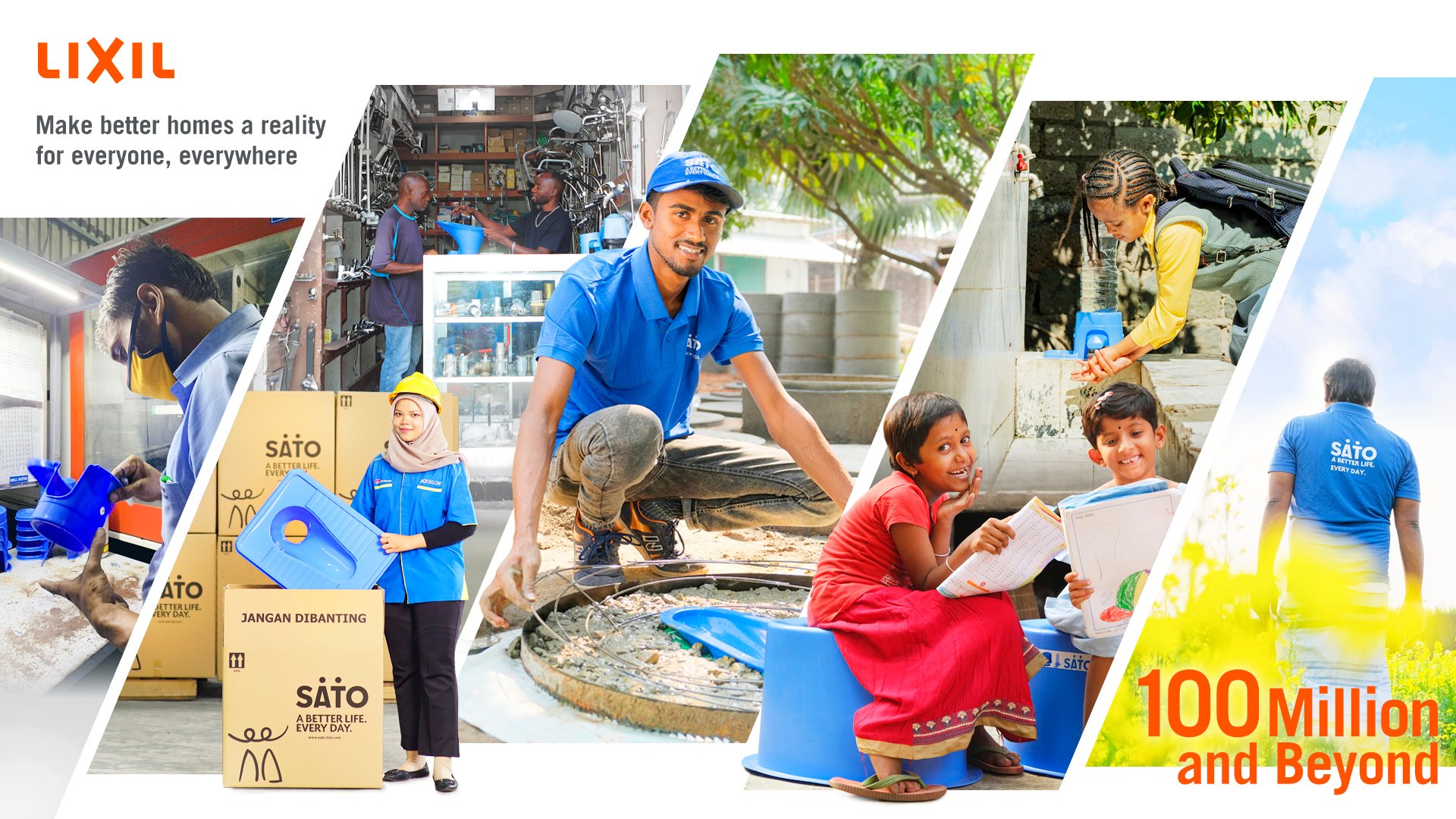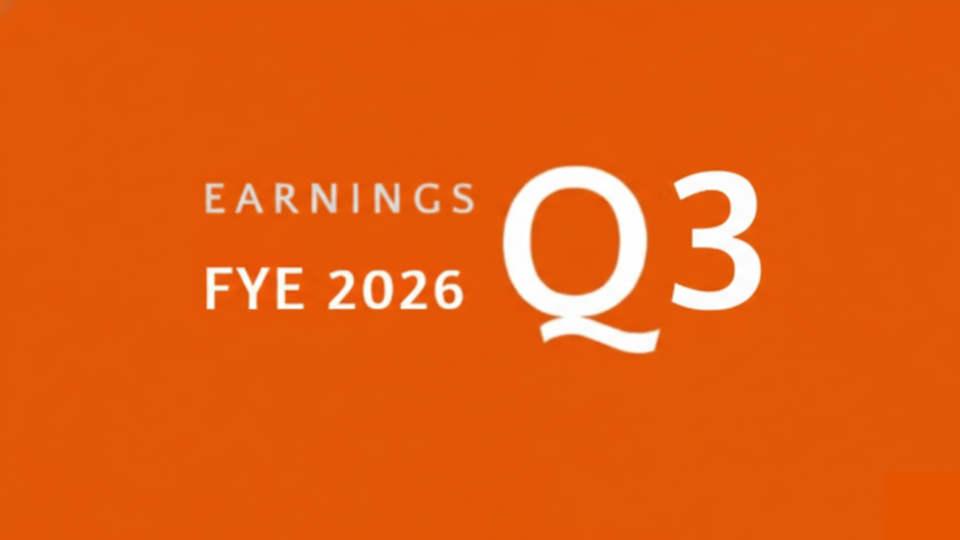On World Toilet Day 2025, LIXIL Showcases Progress and Innovation in Tackling the Global Sanitation Crisis, Nearing 100 Million Milestone

As the world marks World Toilet Day (WTD) 2025 tomorrow, 3.4 billion people still live without safely managed sanitation, and 354 million still practice open defecation. The crisis of poor sanitation leads to severe health issues like cholera and diarrhea, underscoring the devastating impact of poor sanitation on public health, livelihoods, and dignity. Solving the challenge requires a committed, collaborative response.
LIXIL, a global leader in water and housing products, is committed to tackling this crisis, having pledged to improve access to sanitation and hygiene for 100 million people by the end of 2025. This effort is driven primarily by its social business SATO, which provides affordable, innovative toilet solutions to remote and low-income communities. LIXIL is applying its expertise to solve sanitation failures globally, deploying innovative models to prevent water pollution and protect public health.
Accelerating Access with Proven, Affordable Toilet Solutions: The SATO Social Business
In regions lacking sewage infrastructure, the immediate challenge is ending open defecation and accelerating access to safely managed sanitation and hand hygiene. SATO's simple, effective, and durable toilet and hygiene products are designed to do just that—protecting people's health by isolating waste from the user and from the environment to prevent pollution, and protecting the privacy and dignity of users.
As LIXIL approaches its milestone of improving sanitation and hygiene for 100 million people by 2025, the SATO business is focused on scaling its impact through key partnerships:
Scaling Global Partnerships: The "Make a Splash!" shared value partnership with UNICEF has now reached 16.3 million people. In the last year alone, it provided 727,000 people with direct access to basic sanitation and 760,000 with basic handwashing services across six key countries (Kenya, Nigeria, Tanzania, Ethiopia, India, Indonesia).
Strengthening Local Supply Chains: To solve the “last-mile” challenge of reaching remote communities, SATO is actively strengthening local supply chains, establishing new manufacturing, import, and distribution local partners in key countries including Uganda, Nepal, Indonesia, Guinea, and Zambia.
Improving School Sanitation in Asia: LIXIL is increasing our collaboration with schools and institutions in communities around the world. In one initiative, LIXIL, in partnership with World Vision Japan, is spearheading a project to bring safe sanitation to over 2,500 children at 10 schools in Bangladesh and Indonesia, addressing critical needs such as a lack of gender-separate toilets that forces girls to miss school. The project is made possible by a JPY 19.1 million donation from LIXIL and its Japanese distributor partners.
Expanding Humanitarian Response: SATO is scaling its humanitarian solutions to provide durable sanitation solutions in crisis settings with our expanded portfolio of solutions including the SATO Super Structure, the SATO Slab, and the SATO Pitliner. In addition to our partnership with UNICEF, we continue to partner in Kenya with Peace Winds Japan in the Kakuma and Kalobeyei refugee camps to test durable SATO products to build a self-sustaining sanitation market.
Innovating with Partnership Models: The Alabama iPIP Model
Beyond scaling solutions with our SATO brand, LIXIL is addressing critical sanitation failures with innovations and ecosystem development in broader global settings. In the U.S., in Alabama's Black Belt region, failing septic systems and "straight piping" release raw sewage directly into yards and homes, causing severe environmental contamination and health hazards.
LIXIL initiated a partnership with the Blackbelt Unincorporated Wastewater Program (BBUWP) and other local stakeholders. The partnership implemented LIXIL's Interior Plumbing Improvement Program (iPIP), a turnkey solution providing in-home water efficiency upgrades.
By repairing leaks and installing efficient LIXIL’s American Standard fixtures, iPIP reduced household effluent. This water optimization was essential to de-risk the new Onsite Sanitation Systems (OSS), allowing regulators to approve smaller, lower-cost designs.
This innovation not only stops sewage overflows but also directly reduces the environmental load on the region's particularly vulnerable clay soil. Furthermore, by easing the hydraulic loading on drainfields, it ensures the long-term sustainability of the systems and contributes to improved water resource management.
The resulting 25-30% capital cost savings enables partners to serve more families. This proven, private-sector-led model is now ready for scaling.
Sanitation as an Investment in Health, Economy, and Environment
LIXIL's diverse innovations and partnerships demonstrate that improving sanitation is not a cost, but an opportunity for a high-impact investment by a community or government. The gains from investing in sanitation are transformative: reduced healthcare costs, improved quality of life, mitigating productivity losses from diseases, and secured education as children, especially girls, no longer have to miss school.
Through establishing sustainable sanitation markets and service models with our partners—from affordable SATO products to the iPIP model that enables safe, affordable onsite sanitation—we aim to maximize this local economic and social impact.
"Tackling the global sanitation crisis is about more than hygiene; it’s about unlocking human dignity, fostering economic prosperity, and ensuring environmental sustainability," said Kinya Seto, CEO of LIXIL. "We are proud to apply LIXIL's technology and business models to this critical mission. As we approach the milestone of impacting 100 million lives, our commitment is stronger than ever. We’ve always believed that ‘collaboration is the new currency of impact,’ and we will continue to deepen our partnerships—from global organizations to local communities—to build a future, as we aim far beyond our ‘100 million people’ milestone.”
To learn more about LIXIL’s 100M target: visit here.



